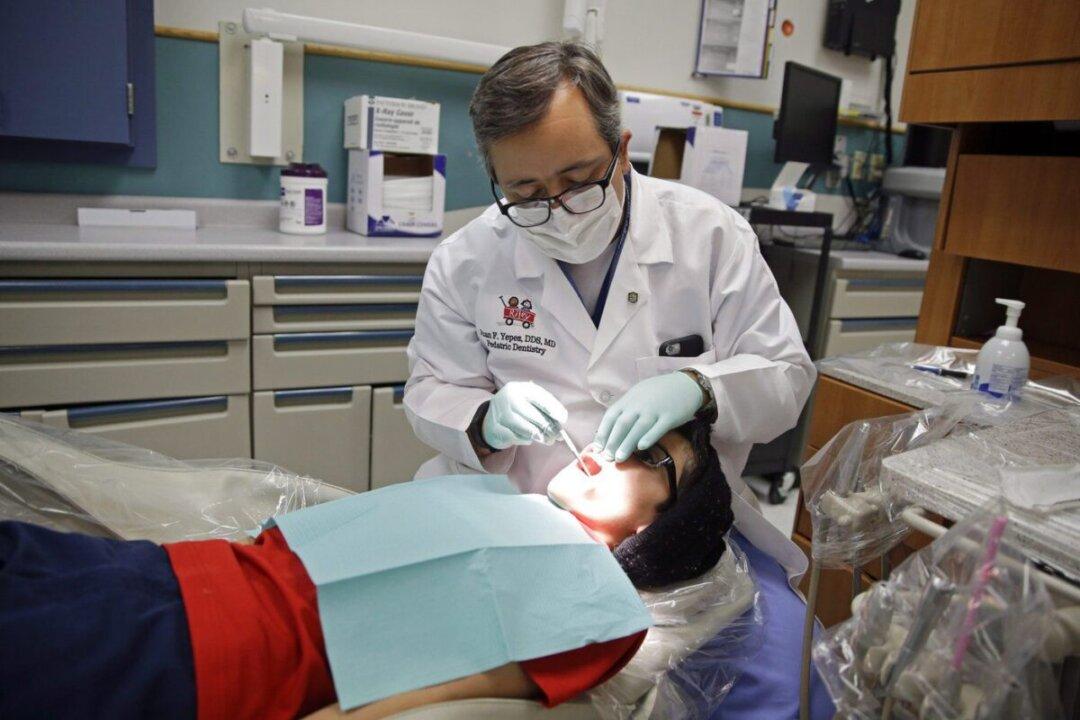The federal government has invoked confidentiality which forbids the release of the overhead cost of its “Canada Dental Benefit” program, says a report by the Parliamentary Budget Office (PBO).
“The Government has shared its own estimates of administration costs with us,” said the PBO report, submitted to the Commons government operations committee (OGGO), in response to a request for the amount during a Dec. 1 hearing, as first reported by Blacklock’s Reporter.





